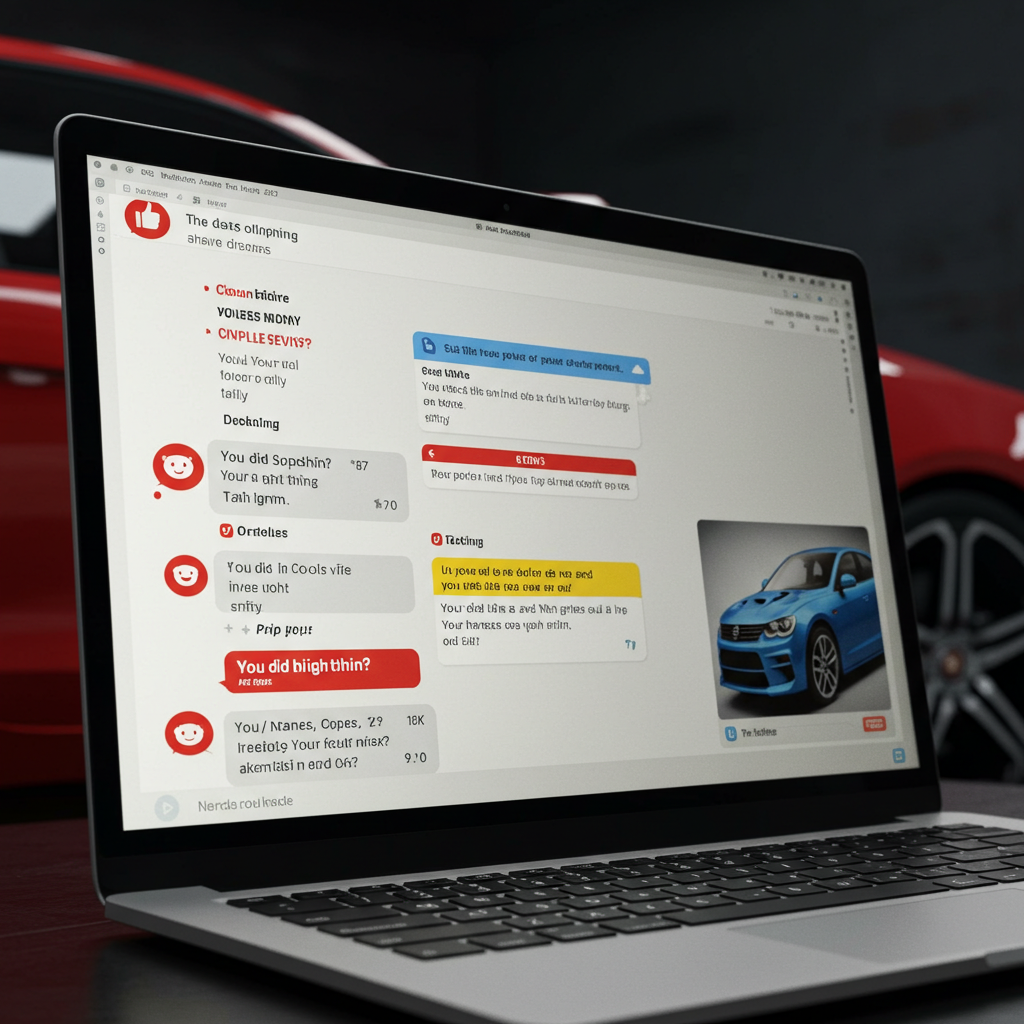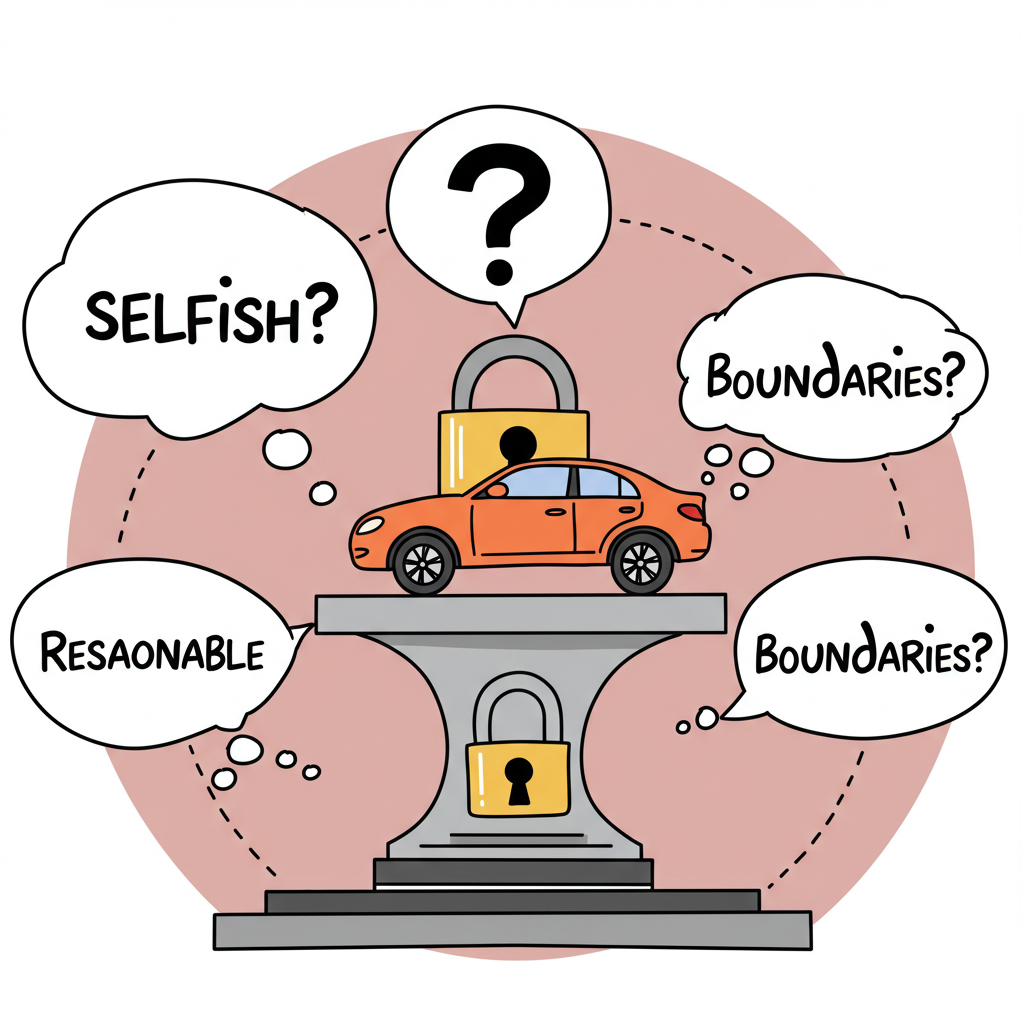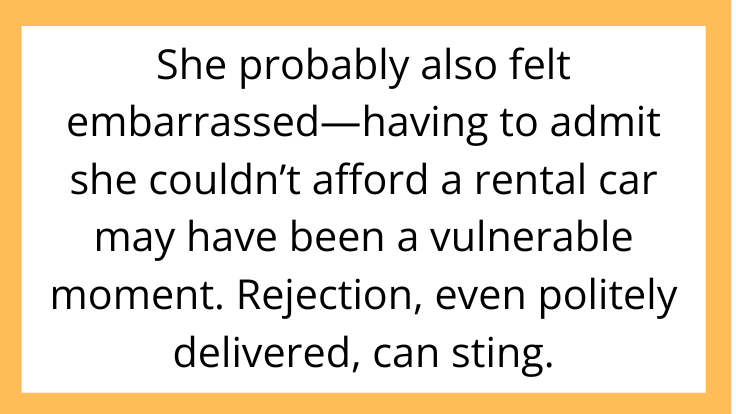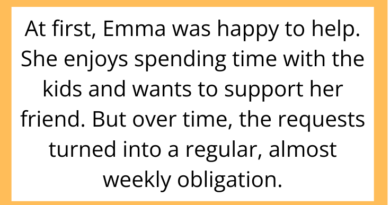AITAH for Not Letting My Best Friend Borrow My Car for a Road Trip?
When it comes to friendships, there’s often an unspoken understanding that you help each other out. But what happens when that help means putting your own comfort—or your property—on the line? Today’s AITAH scenario dives into a situation that many people have strong opinions about: lending your car to a friend for an extended trip.
The Story: A Favor That Felt Like Too Much

A Reddit user shared that her best friend of ten years asked to borrow her car for a two-week road trip across the country. The friend’s own car wasn’t reliable enough for the journey, and renting one was too expensive.
At first, it sounded like a reasonable favor—until she thought it through.
The user (let’s call her Sarah) relies on her car daily to get to work and manage her own errands. She also felt uneasy about the idea of her friend driving thousands of miles in her vehicle, potentially racking up wear and tear or even getting into an accident.
Sarah politely declined and suggested her friend look into alternative options—like carpooling or postponing the trip until she could save for a rental.
Her friend didn’t take it well. She called Sarah selfish and accused her of valuing “a hunk of metal” over their friendship.
Now Sarah is wondering: Am I the villain for refusing to help my best friend?
Understanding the Dilemma: Where Is the Line?

The Pressure to Be a “Good Friend”
Many people feel guilty saying no to a friend’s request, especially when that friend is in a tight spot. Lending your car sounds simple in theory—it’s just a vehicle, right?—but it often comes with significant risks:
-
Liability in case of an accident
-
Insurance complications
-
Potential damage or wear
-
Loss of your own transportation
Sarah wasn’t saying she didn’t care. She just didn’t feel comfortable taking on all that risk, especially for something that wasn’t an emergency.
The Other Side: Why Her Friend Felt Hurt

From the friend’s perspective, Sarah’s refusal may have felt like a lack of trust. After all, they’d known each other for a decade. She believed she was a careful driver and that Sarah should feel comfortable helping her chase an adventure.
She probably also felt embarrassed—having to admit she couldn’t afford a rental car may have been a vulnerable moment. Rejection, even politely delivered, can sting.
What Reddit Had to Say

The AITAH community overwhelmingly supported Sarah’s decision.
One top commenter wrote:
“You’re not obligated to hand over something as expensive and essential as a car, especially when it leaves you without transportation.”
Another pointed out that if the friend truly valued the relationship, she wouldn’t have guilt-tripped Sarah:
“A good friend respects your boundaries instead of manipulating you.”
However, a few people argued that Sarah could have considered a compromise, such as lending the car for part of the trip or helping with rental costs.
Setting Boundaries Without Burning Bridges

This situation highlights how crucial it is to set clear boundaries—even when it feels uncomfortable. Just because you care about someone doesn’t mean you have to sacrifice your own security or peace of mind.
If you’re faced with a similar request, here are a few tips to navigate it:
-
Be honest but compassionate. You can say no kindly. For example: “I’m not comfortable lending my car, but I’m happy to help you brainstorm other solutions.”
-
Don’t over-explain. You don’t need to justify every detail. A simple “I’m not able to do that” is enough.
-
Offer alternatives if you want. If you still wish to help, suggest options like splitting a rental car cost or lending other resources.
-
Stand firm. Once you’ve set your boundary, resist pressure to change your mind out of guilt.
Is Protecting Your Property Selfish?

This is the heart of the AITAH question. Many people are raised to believe that saying “no” is inherently selfish. In reality, it’s about respecting your own limits.
A car isn’t just an object—it’s a critical part of most people’s livelihoods. Lending it isn’t the same as lending a book or a spare phone charger. The stakes are higher, and so is the stress.
The Takeaway: Boundaries Are Healthy

Sarah’s story is a reminder that you’re not obligated to compromise your well-being or resources just to keep someone else happy. Healthy friendships survive boundaries—often, they grow stronger because of them.



